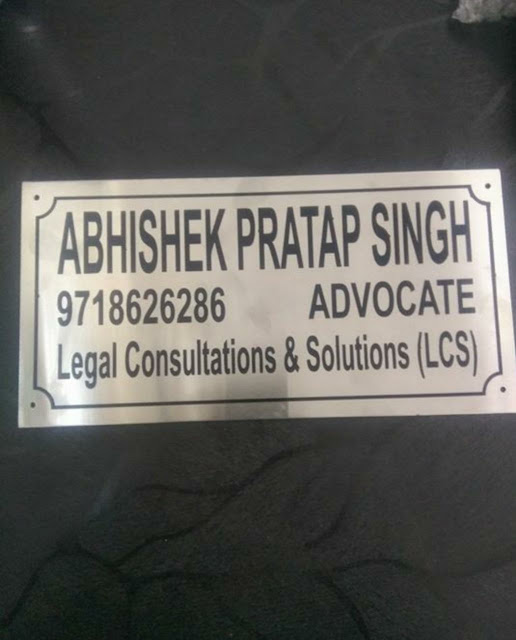Law of Succession in Manipur and Nagaland

Local Custom Laws of Succession Indian Christians who are converts from tribes such as the Khasis ,Garos, Nagas in the North East India are exempted from Indian Succession Act. This is because they continue to follow their customary laws of inheritance despite conversion. The Catholic Church has also recognized these customary laws as valid. Nagaland Many tribes in Nagaland doesn’t allow any share of the women in the property during succession. Naga women couldn't inherit land because of Customary Patriarchy Laws. Property is inherited by male heir and women are not entitled to inherit sucession, in the absence of male heir, the nearest male relative would inherit the property. If the daughter is unmarried then she can stay at parent’s house but she is just a keeper, she doesn’t have right to sell the property, once the daughter got married then she loose the right to her parent’s property. a Naga woman cannot call the field in which she wor...




